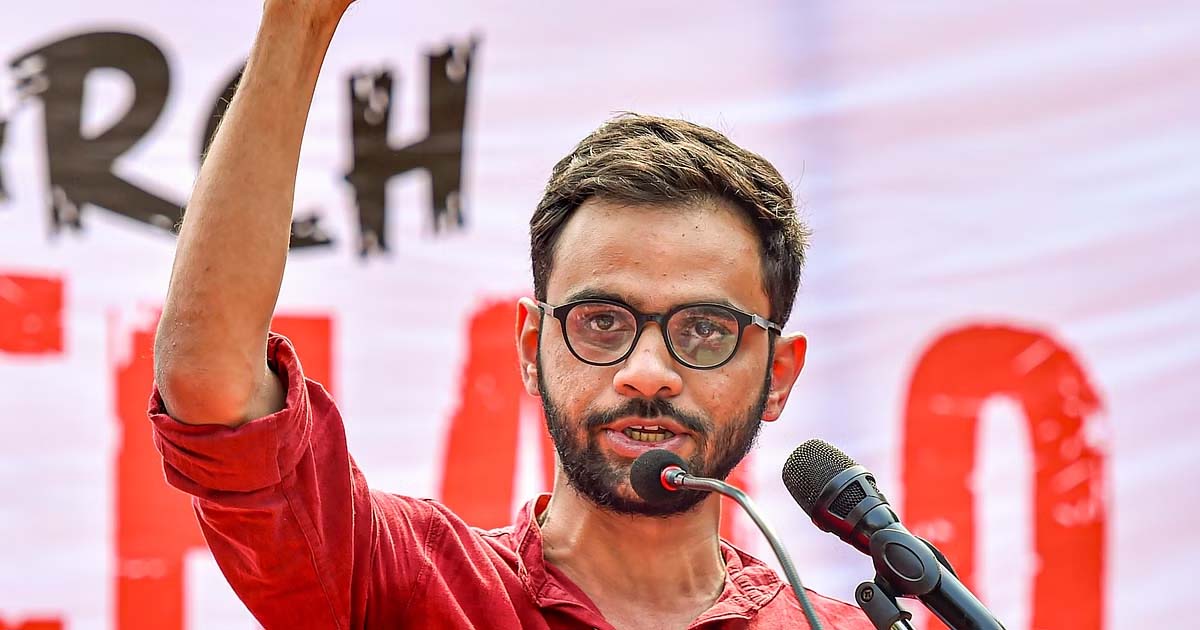Delhi Police Unravels Umar Khalid’s False Online Narrative
<p>In the court located in New Delhi, the Delhi Police presented their argument against the bail petition of former JNU scholar Umar Khalid on Tuesday. They asserted that Khalid had propagated a fictitious account in his favor through various social media platforms in connection with the 2020 Delhi riots case. Khalid stands accused of involvement […]</p>

Delhi Police Unravels Umar Khalid’s False Online Narrative
In the court located in New Delhi, the Delhi Police presented their argument against the bail petition of former JNU scholar Umar Khalid on Tuesday. They asserted that Khalid had propagated a fictitious account in his favor through various social media platforms in connection with the 2020 Delhi riots case. Khalid stands accused of involvement in the alleged broader scheme behind the communal riots that occurred in northeast Delhi in 2020. He faces charges under the stringent Unlawful Activities (Prevention) Act (UAPA).
The prosecution, represented by Special Public Prosecutor Amit Prasad, put forth its arguments opposing Khalid’s plea for bail before Additional Sessions Judge Sameer Bajpai. Prasad revealed that Khalid’s cellphone records indicated communication with several individuals, including actors, politicians, activists, and public figures. He allegedly shared links from specific news websites with them, urging them to disseminate these links on their social media platforms to advance a particular narrative. Referring to his conversations with these individuals, who possess significant social media influence, Prasad contended that Khalid orchestrated the amplification of his narrative as part of a larger conspiracy. Additionally, the SPP presented a video excerpt during the court proceedings, featuring Khalid’s father being interviewed by a news outlet.
Prasad highlighted a statement made by Khalid’s father in the video, expressing lack of faith in the Supreme Court. “Their lack of faith in the Supreme Court led them to approach the trial court. This is how they are shaping the narrative in his favor,” Prasad remarked. Furthermore, the SPP disclosed that Khalid had urged members of a WhatsApp group to plan protests following a specific Supreme Court hearing.
Prasad dismissed Khalid’s argument seeking parity with other co-accused individuals who have been granted bail. The hearing has been adjourned until Wednesday for Khalid’s counsel to present a rebuttal.
Khalid and several others face charges under the anti-terrorism legislation UAPA and various sections of the Indian Penal Code for allegedly orchestrating the February 2020 riots, which resulted in 53 fatalities and over 700 injuries. The unrest erupted amidst protests against the Citizenship (Amendment) Act (CAA) and the National Register of Citizens (NRC).








